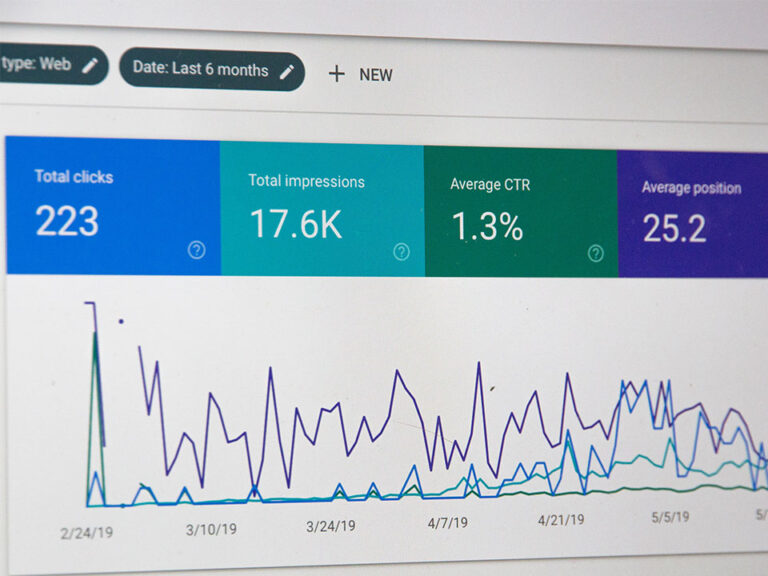
Mobiles have come a long way from generic PCO like service to an all in one tech gadget. Almost all your everyday essentials are covered through your mobile apps and websites. With a mobile website or mobile app, businesses can boost sales, retain loyal customers and expand their reach. The question is, which type of mobile presence is best for your business? Or is it wise to have both?
Both mobile websites and mobile apps let customers find and access your business from devices they use the most, but a mobile website and mobile app are not the same thing. A mobile app is a program that is downloaded and installed into a user’s mobile device, whereas a mobile website is simply a website adapted to tablet and smartphone functions.
Mobile Websites
Mobile websites are based on responsive design or a mobile friendly design and also perfectly fits on nearly all the devices. Web designer is the chief architect of a mobile website. Which means you can access it through a mobile, smartphone or a tablet. All that is required is an active internet connection.
A mobile website is like other websites, but is designed for optimal viewing on a smaller device. Like regular websites, mobile websites consist of browser-based HTML pages. Often times, your mobile website will be just like your actual website, only viewable on a smaller device and with a different domain.
Advantages
- Mobile websites can work on any mobile device
- From a business point of view, developing a mobile website is the fastest and cheapest option
- It can be easily updated through a content management system (CMS)
- Ease of access: You do not need any downloading. Just enter the URL and you will reach your destination page
- A mobile website updates without the user realizing it. It is an automatized, online process.
Disadvantages
- Requires the services of a web designer to curate a mobile-friendly design
- You cannot access other functionality of smartphone-like camera.
Mobile Apps
Although a mobile app functions a lot like a mobile website, a mobile app gives businesses the advantage of having their own corner on a customer’s device. A Mobile app is software that is written in a specific platform; the three platforms being iPhone, Android, and Windows. A mobile app may be best for developing interactive and high-resolution games games.
Advantages
- Mobile apps use native code, so the application runs with high performance
- Almost all apps are available on App stores
- Some mobile apps have the functionality to work offline
- The App can be launched in a single step, with most often, a single touch being all that is needed to open the app
- Since the mobile app remains in the user’s smartphone, it is ideal for repeated and frequent use
Apps can make use of mobile functionalities like camera.
Disadvantages
- It is expensive to develop and maintain
- It require user to download from app store
- It requires regular update which can be done automatically & manually
- App stores charge heavy fees for publishing, storing, and updating
- Require approval of platform before you can distribute.
Which is better for user interaction?
Mobile websites can reach upto far better numbers than a mobile app, thanks to its highly responsive design. Another factor attributing to this is the emergence of e-commerce. This made online shopping easy, masking it ideal for customers to shop. But, most businesses still prefer mobile apps, because of a secured platform catering to highly specific needs of users.
How to build a mobile website
To build a mobile website, one option is to hire a mobile Web developer to create one from scratch or convert an existing website into a mobile-friendly one. A more affordable option is to build one yourself with a free DIY mobile website builder, which uses a drag-and-drop platform that doesn’t require programming or Web design skills.
How to build a mobile app
Just like the options available for building a mobile website, businesses can either hire an app developer to build a mobile app or take the budget-friendly DIY mobile app maker route.











